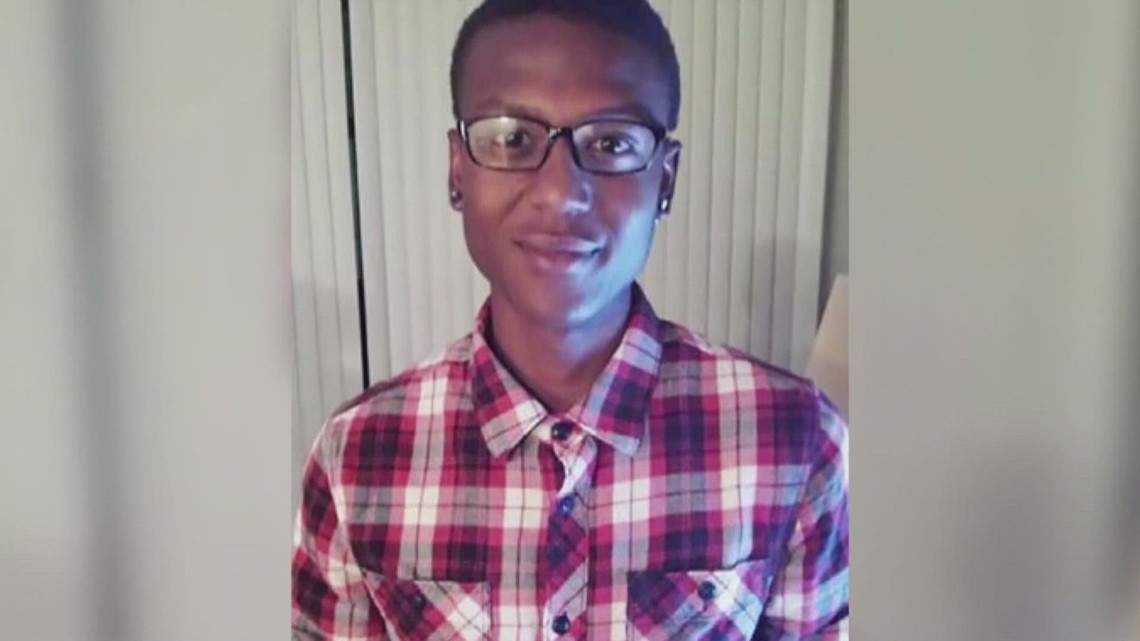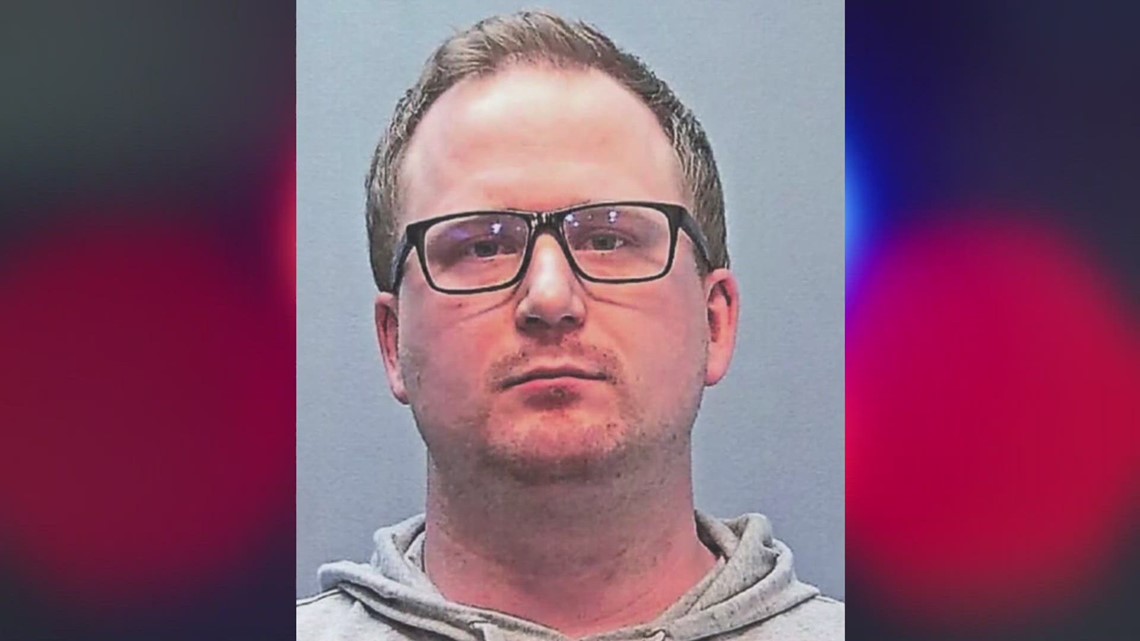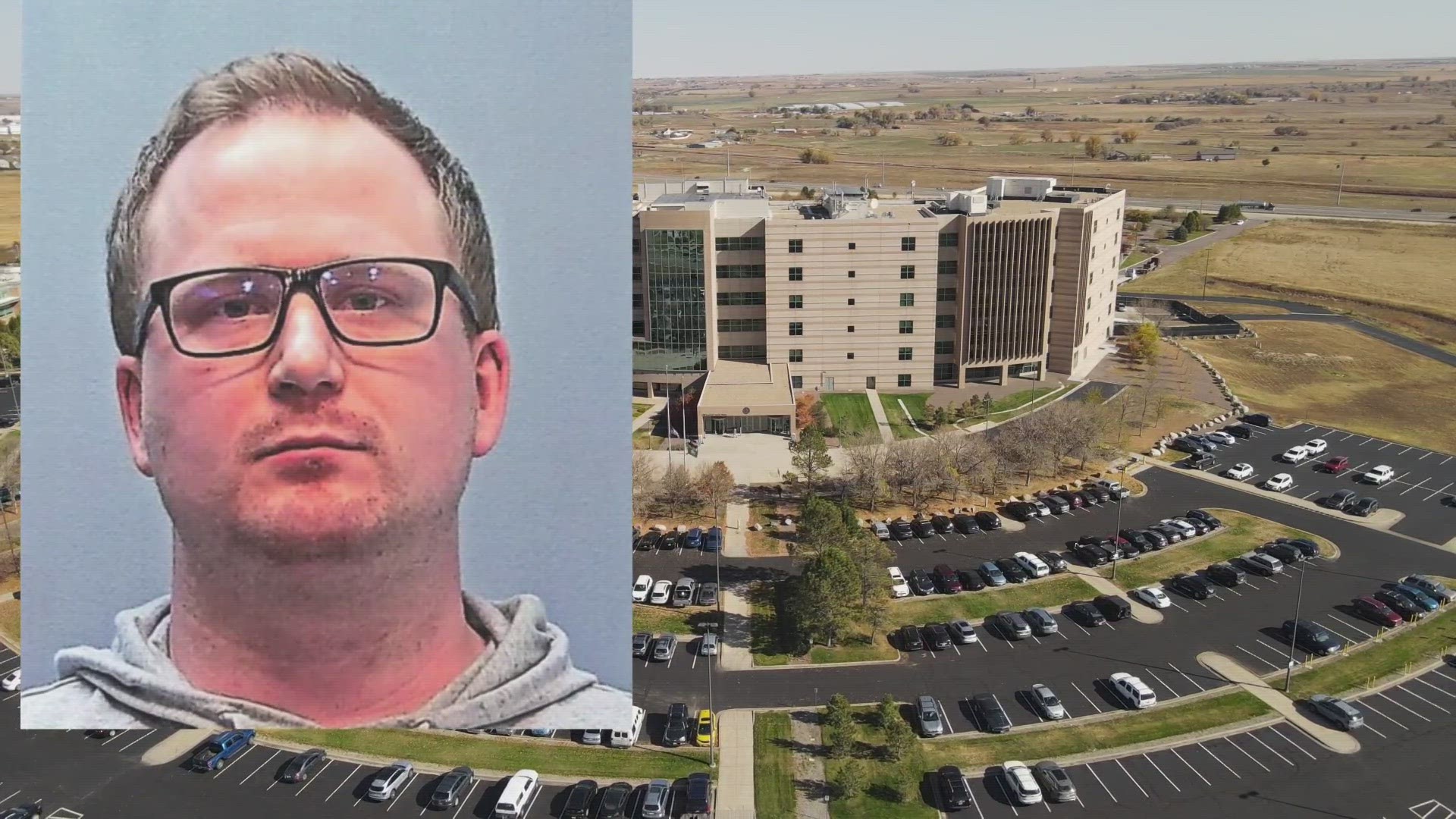ADAMS COUNTY, Colo. — The defense team for Nathan Woodyard used an ER doctor on their last day of testimony Thursday to paint a picture of the substandard care that paramedics provided to Elijah McClain once they arrived at the scene.
Woodyard is charged with reckless manslaughter and was one of five people – three officers and two paramedics – indicted in McClain's death in 2019 in Aurora. Attorneys for the officers have maintained that it was the paramedics – Jeremy Cooper and Peter Cichuniec – and not the officers who are to blame for McClain's death.
"An assessment is absolutely required in every situation," Dr. Nadia Iovettz-Tereshchenko told the jury. Yet, Iovettz-Tereshchenko. who also once worked as a paramedic, said she never saw the two Aurora Fire Rescue paramedics do one.
"Immediately the concern is that all the members of the fire department and the paramedic in this scene are approaching the patient, but they’re just sort of observing from a standing position over the back of the officers," she said. "There is nothing to suggest they talked to the patient or touched him in any way."


RELATED: Nathan Woodyard testifies he thought he was going to get shot during interaction with Elijah McClain
Woodyard was the first officer to contact McClain on Aug. 24, 2019, after a teenage boy called 911 and relayed that he saw McClain wearing a coat and mask and acting "suspicious."
He grabbed McClain within eight seconds of approaching him, and he and fellow officers Randy Roedema and Jason Rosenblatt subdued and restrained him. In the midst of the struggle, Roedema shouted that McClain had attempted to grab Rosenblatt’s gun – an act the prosecution asserts did not happen.
Those words, however, prompted officers to take McClain to the ground. During that struggle, Woodyard used a carotid hold on McClain, a maneuver which caused him to briefly lose consciousness. Afterward, he was handcuffed and forcibly restrained on the ground for more than 10 minutes.
Later that same night, Cooper injected McClain with the sedative ketamine and his heart stopped. He later died.
Several medical experts have testified that the ketamine was the cause of McClain's death. Prosecutors, however, have argued that the actions of the officers caused McClain to suffer from several medical conditions including hypoxia, or a lack of oxygen, and acidosis, which is a buildup of acid in the body.
He also vomited during the encounter and inhaled some of it into his lungs, according to court testimony.
But on Thursday, the sole focus was on the paramedics and what they failed to do when they arrived at the scene.
Iovettz-Tereshchenko, who reviewed training and protocols for Aurore Fire Rescue, repeatedly told the jury that Cooper and Cichuniec's actions fell "substantially" below the standard of care expected, even before they injected ketamine into McClain's right shoulder area.
She said they never made an initial assessment of McClain and failed to re-assess him every five minutes as they were required to do, based on their training. She was asked about an orange box seen in body-worn camera footage and said it was her belief that it was a medical kit brought out of the ambulance.
"Does it contain devices needed to make and complete an assessment?" asked defense attorney Andrew Ho.
"Typically yes," Iovettz-Tereshchenko said.
"Do you ever see one open and the tools used on Mr. McClain?"
"No," she replied.
She said their lack of assessment became even more dangerous when it came to ketamine, which is a weight-based medication that can have serious side effects, particularly outside of a hospital setting, if not given appropriately.
"If you’re just choosing to treat them without doing an assessment, you have no way to determine if that treatment is appropriate for that individual because you haven’t assessed them and come up with a working diagnosis," she said.
In this case, McClain was given a ketamine dose of 500 milligrams. Based on a report she reviewed, Iovettz-Tereshchenko said that paramedics estimated McClain's weight to be about 185 pounds, which was actually more than what he weighed.
However, even if the estimation had been accurate, according to the weight-based guidelines for ketamine, the proper dosage should have been only 425 milligrams, according to court testimony.
"It's a pretty significant difference," Iovettz-Tereshchenko said.
The dose McClain should have received based on his actual weight was even lower, only 350 milligrams, Iovettz-Tereshchenko said.
"From what you see [in the body-worn camera video], how is the ketamine affecting Elijah McClain?" Ho asked.
"He seems at the very minimum severely over-sedated – probably not breathing or breathing very ineffectively," Iovettz-Tereshenko said. "I would – based on how sedated he is – how un-reacting he is – his ineffective breathing, those agonal breaths – I suspect he’s already arrested from a respiratory perspective and probably arrested or is arresting from a cardiac perspective, meaning his breathing has stopped and his heart has stopped or is stopping."
"What does that mean that his heart has stopped or is stopping?" Ho asked.
"Technically it means you’re dead," she said. "Your heart’s not beating, you’re not breathing. You don’t have a pulse. You certainly can’t rescue yourself. Someone has to rescue you at that point."


Prosecutors had no questions for Iovettz-Tereshchenko, and when she wrapped up her testimony Thursday afternoon, Woodyard's defense team rested their case. The jury is set to return at 8:30 a.m. Friday when closing arguments are expected.
Woodyard remains suspended without pay pending the outcome of this case. If convicted, he could face up to six years in prison.
A separate jury heard the case against Roedema and Rosenblatt. Jurors in that trial acquitted Rosenblatt of all charges but convicted Roedema of criminally negligent homicide and third-degree assault. He's set to be sentenced in January.
Cooper and Cichuniec, the paramedics who responded to the call, are set for trial later this month.
They are each charged with reckless manslaughter and numerous counts of assault. Both are suspended without pay while they await trial.
SUGGESTED VIDEOS: Elijah McClain death

